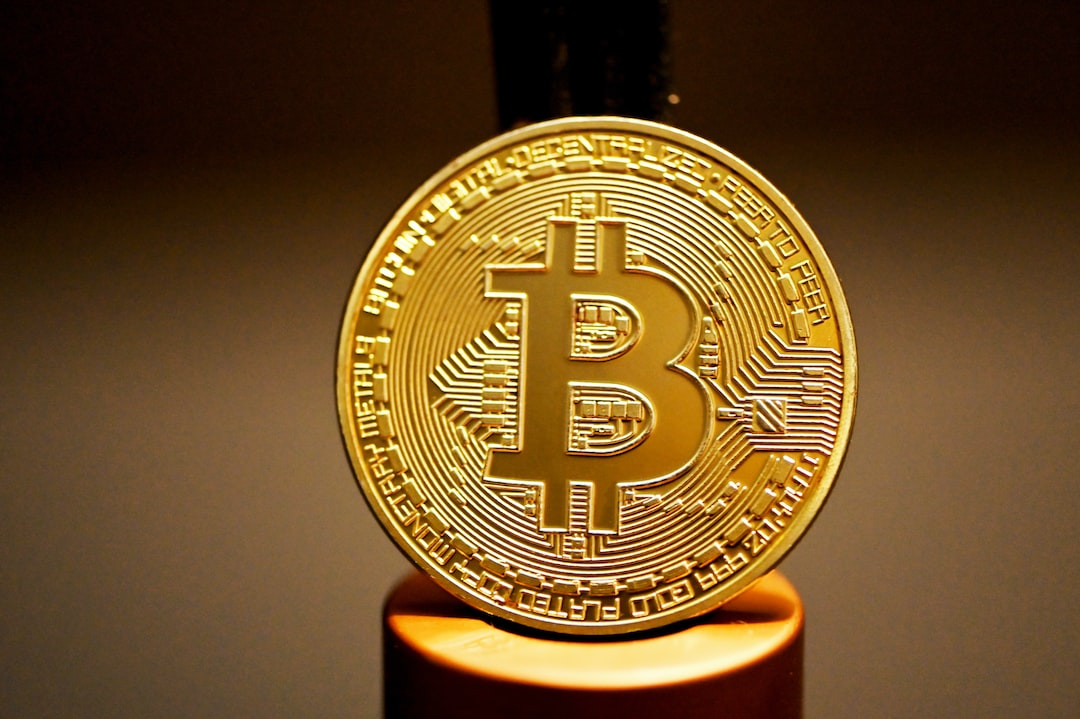The Evolution of Decentralized Exchanges: Challenges and Opportunities
Welcome to the exciting world of decentralized exchanges (DEXs), where you, the trader, have the power to take control of your financial transactions. In this article, we will explore the challenges and opportunities that come with the evolution of DEXs, as well as the impact it has on the cryptocurrency market. So, fasten your seatbelt and get ready to dive into the world of decentralized exchanges!
What is a Decentralized Exchange?
A decentralized exchange is a platform that allows you to trade cryptocurrencies directly with other users, without the need for intermediaries such as banks or brokers. Unlike centralized exchanges, which hold your funds and manage transactions on your behalf, DEXs offer you full control over your assets and transactions. This peer-to-peer trading system is made possible by smart contracts, which automatically execute trades when predefined conditions are met.
The Challenges of Decentralized Exchanges
While DEXs offer a range of benefits, they also face certain challenges that need to be overcome for widespread adoption.
Liquidity: One of the main challenges for DEXs is liquidity. Centralized exchanges often have higher trading volumes, making it easier to find counterparties for your trades. However, DEXs have made significant progress in this area by incentivizing liquidity providers and implementing innovative algorithms to match orders more efficiently.
User Experience: Another challenge is the user experience. Some decentralized exchanges may have a steep learning curve for newcomers, making it difficult for them to navigate the platform and execute trades. However, user-friendly interfaces and intuitive designs are constantly being developed to address this issue and provide a smoother trading experience.
Security: Security is a paramount concern in the cryptocurrency world, and DEXs are no exception. While DEXs eliminate the risk of exchange hacks since they do not hold your funds, vulnerabilities in smart contracts or user interfaces can still put your assets at risk. Auditing smart contracts and implementing robust security measures are crucial for maintaining the integrity of decentralized exchanges.
The Opportunities of Decentralized Exchanges
Despite the challenges, decentralized exchanges offer numerous opportunities that are revolutionizing the cryptocurrency market.
Security and Privacy: By eliminating the need for a central authority, DEXs provide enhanced security for your assets. You are in control of your private keys, reducing the risk of theft or hacking. Additionally, DEXs offer increased privacy as they do not require you to disclose personal information during the trading process.
Reduced Cost: Traditional centralized exchanges often charge substantial fees. However, with DEXs, you can minimize costs as there are no middlemen involved. You can save money on trading fees, withdrawal fees, and other hidden costs typically associated with centralized platforms.
Global Accessibility: DEXs break down barriers to entry by allowing anyone with an internet connection to participate in the cryptocurrency market. There are no restrictions based on location, nationality, or background. This global accessibility fosters inclusivity and promotes financial empowerment for individuals around the world.
Conclusion
As the cryptocurrency market evolves, decentralized exchanges continue to shape its future. Despite the challenges they face, DEXs offer a range of opportunities that empower you as a trader. The security, privacy, reduced costs, and global accessibility provided by DEXs are transforming the way we transact and interact with cryptocurrencies.
Frequently Asked Questions
Q: How do I get started with a decentralized exchange?
A: To get started, choose a reputable DEX that supports the cryptocurrencies you want to trade. Create an account or connect your wallet, and explore the platform to familiarize yourself with its features and functionality.
Q: Are decentralized exchanges regulated?
A: Decentralized exchanges operate in a decentralized manner, meaning they are not controlled by any central authority. As a result, they generally operate outside the scope of traditional financial regulations. However, it is essential to conduct your own research and take necessary precautions when trading on a DEX.
Q: Can I convert fiat currencies to cryptocurrencies on a decentralized exchange?
A: Most DEXs primarily facilitate the trading of cryptocurrencies. However, some platforms have integrated solutions that allow for the conversion of fiat currencies to cryptocurrencies. Make sure to check the supported trading pairs and available options on your chosen DEX.
Q: Are decentralized exchanges more secure than centralized exchanges?
A: Decentralized exchanges offer enhanced security by eliminating the need for a central authority to hold your funds. However, it is essential to be cautious when interacting with smart contracts and ensure that the DEX you use has undergone rigorous security measures.
Q: Can I use decentralized exchanges on my mobile device?
A: Yes, many decentralized exchanges offer mobile applications or have mobile-responsive websites, allowing you to trade cryptocurrencies on the go. Check the DEX’s website or app store for the availability of their mobile platform.





 By
By
 By
By
 By
By
 By
By

 By
By